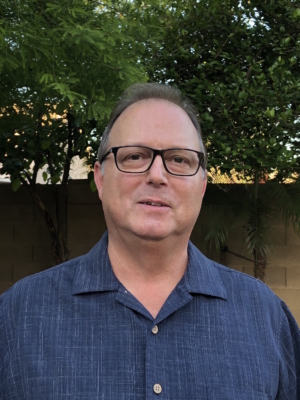Casual Contact
[creative nonfiction]
Flying for business, I was sitting in a window seat with earbuds and a book when a young woman next to me reclined her seat. Leaning back to get comfortable, she placed her ankle over mine and proceeded to fall asleep.
Earlier, we’d barely spoken. Like a good American passenger, her earbuds had gone in right away. She’d scrolled silently through pictures on her phone, occasionally smiling. Nothing foretold this gesture of closeness.
Later, when I told my therapist about it, she thought it odd; “a violation of your personal space,” she said. I confessed to her: I welcomed it. I cradled the woman’s foot, supporting her comfortable rest as if it were a sacred trust. Not because she was pretty—though she was—but because both of us were human. Because she knew better than to ask permission. Because maybe there had been something in our brief exchange that made her feel safe, that told her I could be used in this way.
I put down my book, savoring the weight of her booted foot over mine, the intimacy it implied. She could rest undisturbed, unaware of my occasional glances toward her restful face, strands of black hair tracing a river down her cheek.
I felt a pinch of shame that it should feel this good, the incidental touch of a stranger. To her, this moment meant something else, or nothing at all—a convenient footrest at 30,000 feet. She couldn’t have known the deep need her casual contact satisfied in my touch-starved body, or the way an early loss can set a mind on a course desperate for autonomy, though a body never forgets its childlike need for touch.
She slept until final descent. Then she lifted her leg off mine, stretched, and returned her seat to the upright position. She turned and gave me a slight, unembarrassed smile, then gathered her belongings from the seat-back pocket.
Alfred Fournier lives in Phoenix, AZ, where he participates in the vibrant and diverse literary community as volunteer event coordinator for a nonprofit organization. He is a graduate of Purdue and George Washington Universities. His poetry has appeared in The New Verse News, deLuge, Cathexis Northwest Press, Plainsongs, and elsewhere, and is forthcoming in Kind Writers and Main Street Rag.





